SCALES #21: fishing for alewives
Hello!
I'm back! Season Two of SCALES. And welcome new subscribers! A warning that I couldn't resist using this issue to scrape out the backlog of links I accumulated over the break—take from the groaning buffet table what you will.
▢ ▢ ▢
But first, in lab: That long-gestating paper alluded to previously was submitted, and the pre-peer-review version has been published! (The other major lab development: I think I finally figured out the source of a glacially slow-moving oil leak–troubleshooting causality gets hard when I made the mistake almost a year ago.)
Seeing the paper in (pre-)print, give or take a PDF, reminded me of how complex the scientific paper is as an artifact—all of the different kinds of work and structures and (sorry...) ~scales~ at play. There's the abstract scientific goal, a product of the interests & history & values of both the scientists involved and society; there are the very concrete lab chops necessary for the idea to actually come to something; there's the convolution of particle microphysics and vagaries of the experimental setup that somehow determines what the results look like; there's the writing and rewriting; there's the first author perhaps becoming a little too invested in using a makefile to automate spitting out a manuscript from text files and figure-generating scripts; there's the typesetting and formatting and dissemination; there's the politicking of selling your work to the scientific community and shepherding a paper through to publication; there's the story of the publication venue, its Europeanness, its open review process, its open access model; there's the question of where the money for everything comes from. All kinds of threads trailing out in every direction.
Anyway, it's time to start taking more of a forward-looking mindset in lab again: plotting out future work in more detail, rebuilding the experiment, helping put together some grant applications.
▢ ▢ ▢
I was also at a conference in Zürich. I had grand plans of pulling a Teju Cole and amassing a portfolio of brainy, place-centered, surface-obsessed photographs, but that didn't quite happen.
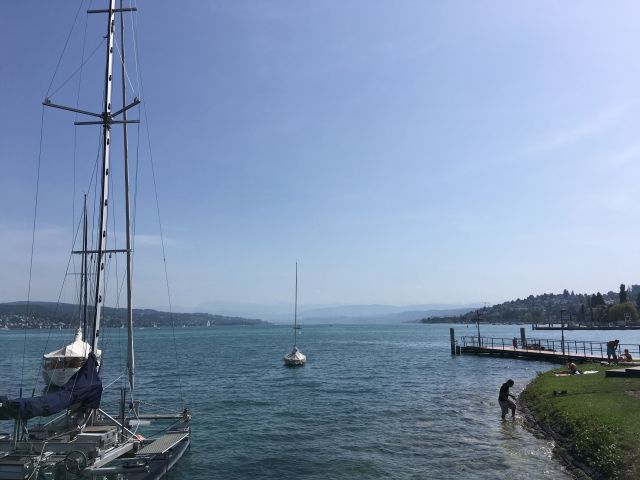
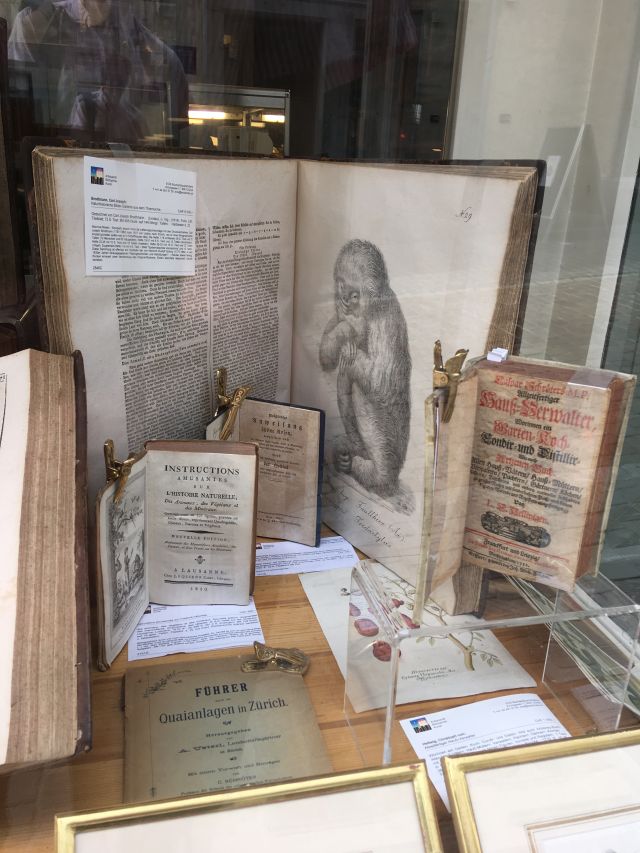
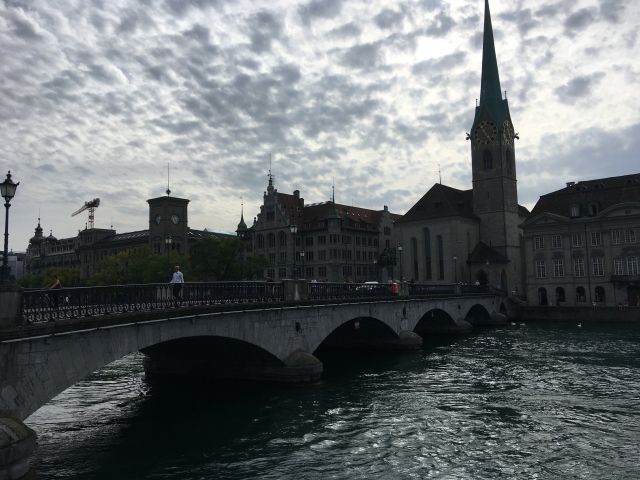
▢ ▢ ▢
On the podcast front, I've been listening to a lot of shows with a miniseries format. The possibility of more depth and breadth, while still retaining some amount of focus, is great; the downside, of course, is it takes forever to get through one of these things.
Ways of Hearing (on Radiotopia's Showcase feed) is an essayistic, elegaic, far-ranging look at what is lost with new technologies of sound. The specificity of the examples here really carry the show: the nitty-gritty of how click tracks and digital latency affect contemporary recording, the anti-reverberant, amplified-sound-intended design of Radio City Music Hall, the subtle change to the rhythm of pedestrian traffic due to earbuds, the loss of Roman Mars' sonorous radio voice when transmitted over a cell connection. And the bonus "Song Exploder, Exploded" episode! I do want to hear the implied optimistic shadow show, though—what is gained by embracing all the weirdness and discontinuities and unphysicality of digital sound.
Seeing White, tracing the history of whiteness in America, for me handles a topic full of potential landmines with insight and grace. Part 5, "Little War on the Prairie", on the US–Dakota War of 1862 and a rebroadcast of the host's This American Life Story, cut straight to my sense of self as a white Minnesotan. (In a bit of podcast playlist serendipity, it also came right after a Constitutional episode on Chief Standing Bear's legal fight for indigenous rights.)
The Heart's miniseries "No": masterful sound design, unflinching, deeply rooted in personal experience.
I'll also toss in Hilary Mantel's BBC Reith Lectures as a miniseries, which I'll endorse once again–I'm skeptical whenever "genius" is thrown around to describe a person, but... (Her Diana piece submitted as further evidence.)
Also podcasted: the excellent Ear Hustle; Phoenix on Song Exploder; Switched on Pop unpacking how "Bad Liar" improbably pulls off its "Psycho Killer" homage; Gastropod talking tea, including the crazy espionage story of the Scotsman who stole tea out of China; Gastropod, again, drawing the connection from this year's Somervillian "What the Fluff?" marshmallow fluff festival to early 20th-century Boston's position as a hub of sweets technology (in turn a legacy of the Atlantic triangular slave trade); "The Case of the Phantom Caller" hits all the beats I want from a Reply All episode.
▢ ▢ ▢
"A Most American Terrorist" is probably the most necessary, wrenching magazine piece I've read in the past months. (There's also an associated Longform interview.) Fascinated by the complicated mechanics involved in the history of the Chinese typewriter. Eileen Myles on John Ashbery. Jenny Odell on "how to do nothing". Alexis Madrigal hones in on the metaphysical weirdness of the real and virtual worlds used to train self-driving cars. Language and subject matter perfectly paired in Annie Dillard's description of a 1979 total eclipse. (Reader, I saw only a partial this August.) "Only a handful of books do what Device 6 does: highlight, rather than obscuring, the way we move inside a text."
Annette Gordon-Reed reflects on Sally Hemings historiography. Thinking critically about how statues and monuments reflect historical memory, and what to do with them. Local politics and violent crime in small-town India, and self-examination of the role of a Western reporter in all that—I really wish, say, that Reply All episode in India, or S Town, had pulled off this kind of sensitivity to the moral complexities and power differentials involved in reporting as a cultural outsider. "I had flown out of my life in one country and into the same life in another. The realization was exhausting." Alexander Chee's personal history of gin. Sorely-needed reporting about the circumstances behind one family's decision to "hold a sign" at stoplights.
Denk on Chopin. Heidi Julavits visits "Spiral Jetty". Dika Newlin: from Schoenberg pupil to punk. "Naked Truths". The life of Tristram Shandy's squiggle: Sterne, Hoffmann, Balzac. My current institution has been making some bad decisions.
▢ ▢ ▢
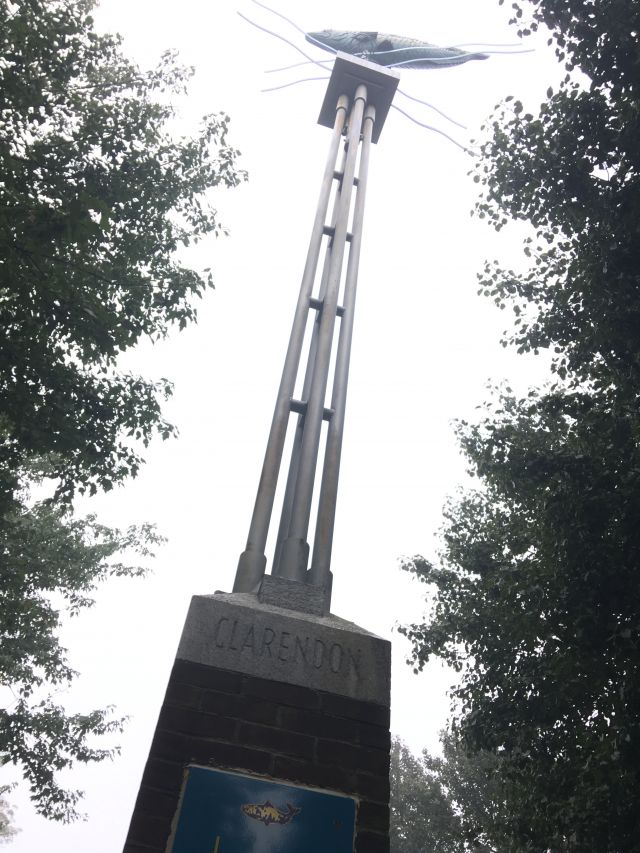
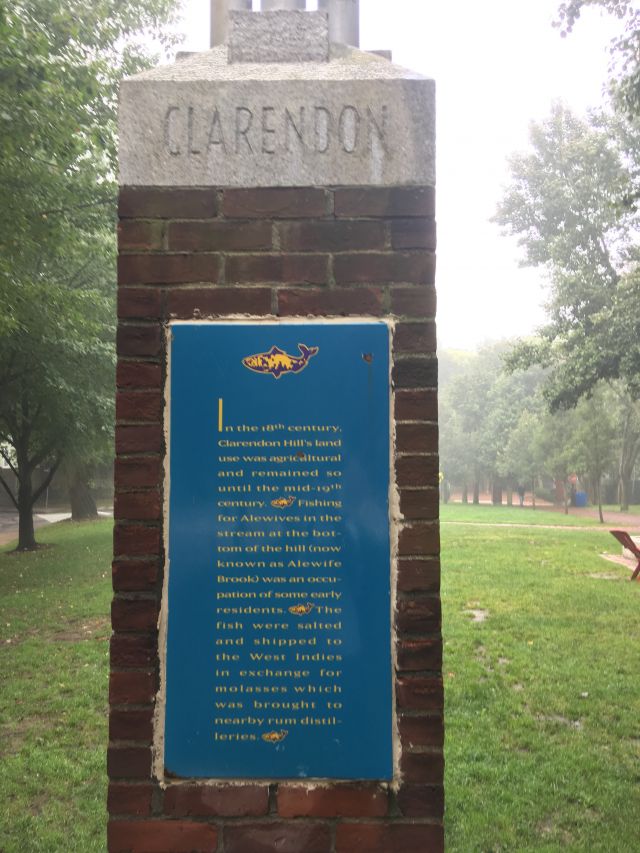
I believe this is what is termed a "callback".
—Adam